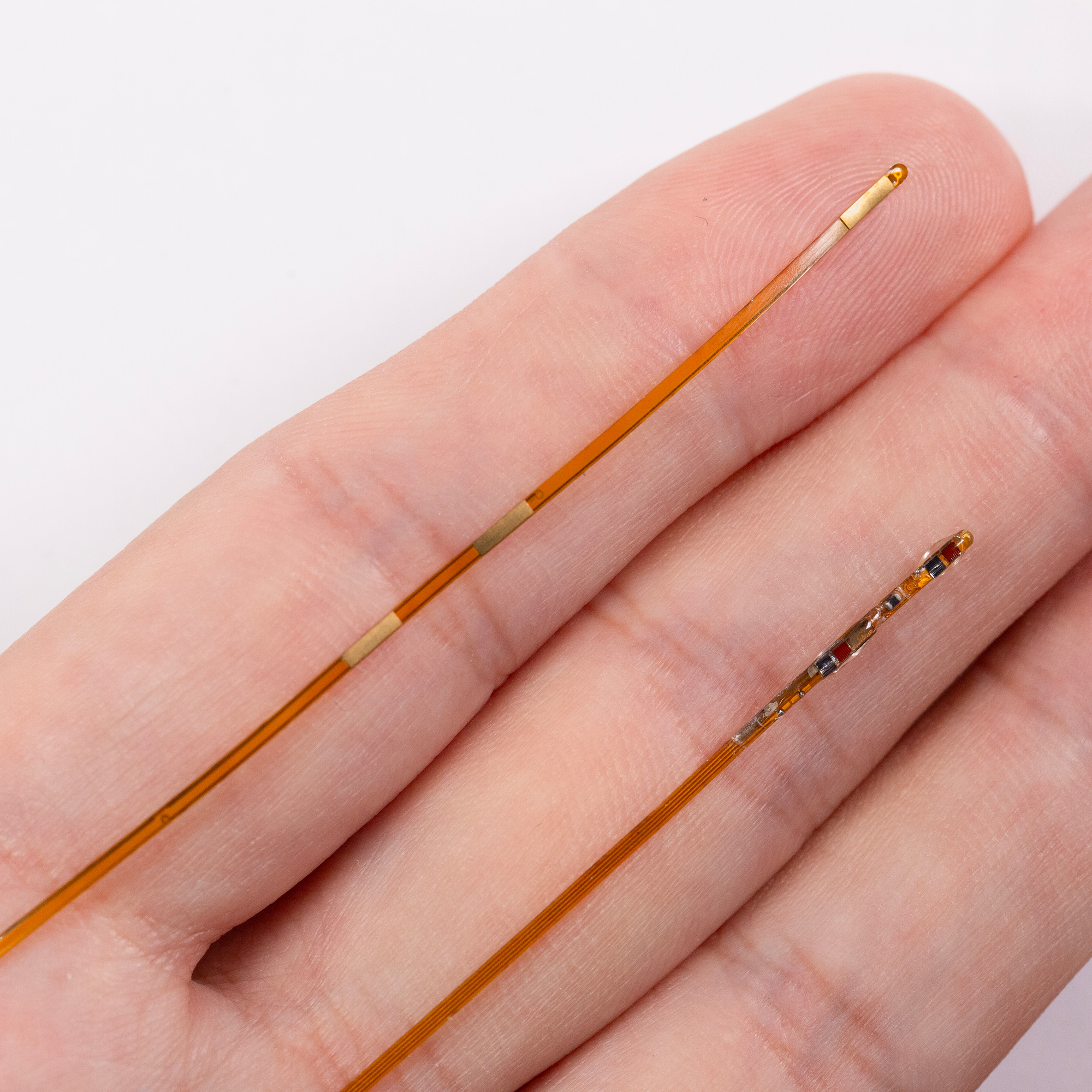Month: June 2024
-

Combination Therapy May Improve Outcomes for Advanced Bladder Cancer
Patients with immunotherapy-resistant bladder cancer who received a novel combination treatment demonstrated improved response to treatment, according to a recent study published in Nature Medicine.
-

New Cellular Mechanisms in Parkinson’s Disease Discovered
A pair of recent studies led by Joseph Mazzulli, PhD, have uncovered previously unknown cellular mechanisms involved in neuronal protein aggregation and misfolding, key characteristics of Parkinson’s disease, which may serve as therapeutic targets.
-

Embryo’s Signaling Mechanism May Promote Healthy Aging, Combat Neurodegenerative Diseases
Northwestern investigators have identified a novel transcription factor which regulates a signaling mechanism utilized by a fertilized embryo to protect its mother from cellular and environmental stress, according to a recent study to published in the journal Genes and Development.
-

Center for Engineering in Vision and Ophthalmology Marks Launch with Symposium
Northwestern’s Center for Engineering in Vision and Ophthalmology recently celebrated its launch with a symposium focused on the work of next-generation engineers and physicians.
-

Improving Measurement of Gene Expression in Single Cells
Northwestern Medicine scientists have developed a new technique to identify individual cells for RNA sequencing, which will empower scientists to gather more accurate and precise scientific data, according to details published in Cell Genomics.
-

Understanding Inflammation in the Heart
Inflamed heart muscles can mount immune responses even in the absence of immune cells, according to a Northwestern Medicine study published in the Journal of Clinical Investigation.
-

Improving Advanced Care Planning for Late-Stage Cancer
Multilevel care interventions improved clinician–documented advanced care planning compared with a clinician-level intervention alone for patients with genitourinary cancer, according to recent findings published in JAMA Oncology.
-

Investigating DNA Flexibility for the Creation of New Biomaterials
Northwestern investigators have demonstrated how manipulating DNA chemistry can alter its structure and flexibility and enable the realization of new materials useful in medicine and the life sciences, according to a study published in Science Advances.
-

Common Blood Pressure Drug May Increase Risk of Bleeding
People with irregular heartbeats taking a common blood pressure drug may be at greater risk of serious bleeding, according to a study recently published in JAMA.
-

Goyal and Kennedy Named 2024 Pew Scholars
Yogesh Goyal, PhD, and Ann Kennedy, PhD, have been named 2024 Pew Scholars by The Pew Charitable Trusts, which recognizes promising early-career investigators whose research will accelerate discovery and translation in the biomedical sciences.






